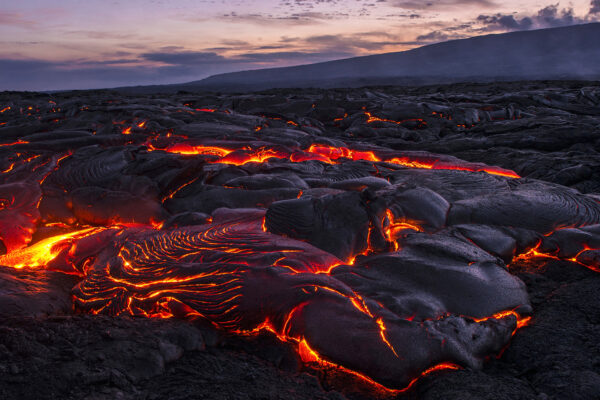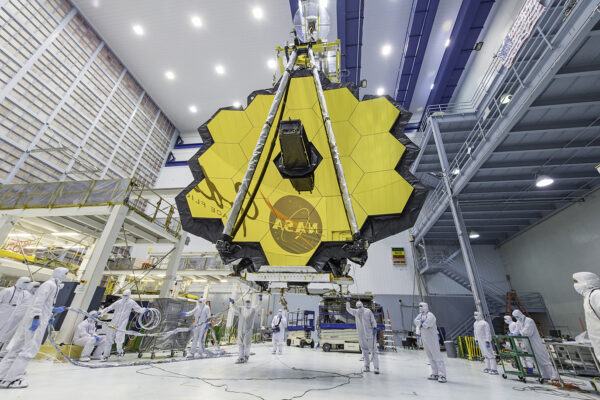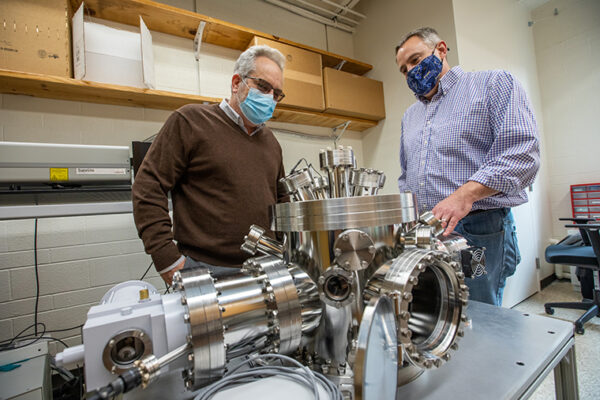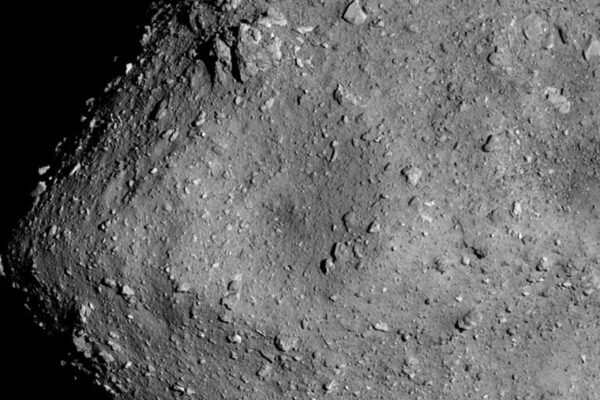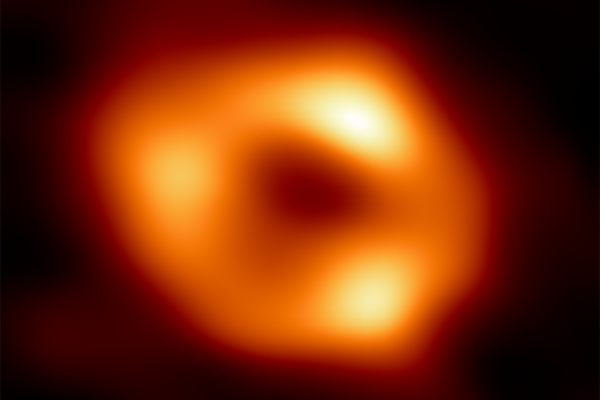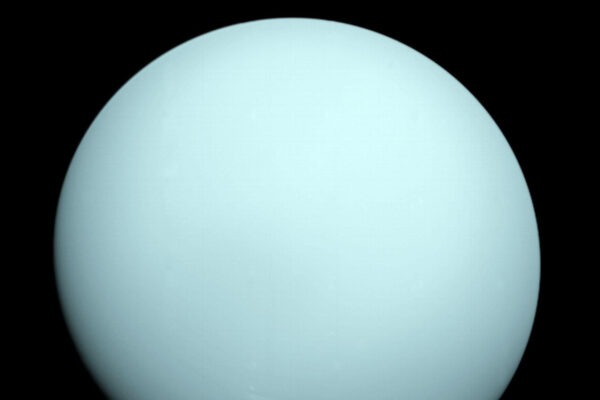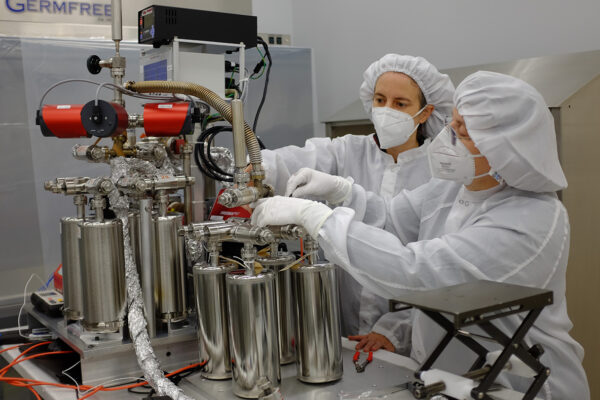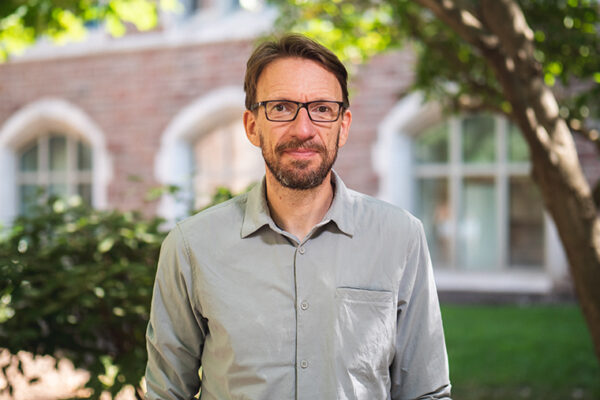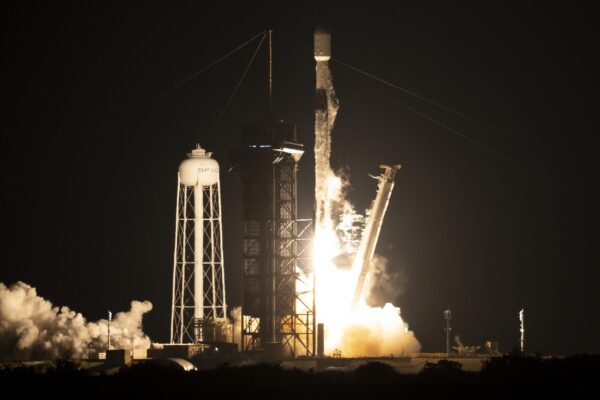Earth’s deep mantle was drier from the start
Geoscientist Rita Parai in Arts & Sciences uses noble gas isotopes to better understand the formation and evolution of planetary bodies. Her new modeling study published in PNAS shows that the deep mantle had low concentrations of volatiles like xenon and water when it formed, setting up an internal viscosity contrast with lasting impacts.
Distance learning
Planetary scientist Paul Byrne explains why you should be impressed by the James Webb Space Telescope.
Guts and stardust
Kevin McKeegan, who earned his PhD in physics in Arts & Sciences in 1987, has had a storied career measuring the tiniest particles of the solar system.
Asteroid samples offer chance to study chemically pristine solar system materials
Sachiko Amari, research professor of physics in Arts & Sciences, is part of the international team that described results from the first sample-return mission to a carbonaceous asteroid, the JAXA Hayabusa2 mission to asteroid Ryugu. The study was published June 9 in Science.
Astronomers unveil first image of Milky Way’s black hole
Michael Nowak, research professor of physics in Arts & Sciences, is part of the global research team that shared the first image of the supermassive black hole at the center of our own Milky Way galaxy.
WashU researchers help identify national priorities for planetary science
William B. McKinnon and Paul Byrne, both in Arts & Sciences at Washington University, played important roles in developing a report from the National Academies of Sciences, Engineering, and Medicine. It identifies scientific priorities and funding recommendations to maximize the advancement of planetary science in the next decade.
Recovering gases from Moon rocks
Led by physicist Alex Meshik in Arts & Sciences, Washington University scientists designed and built the device that NASA is using to extract gases from a lunar sample from the Apollo 17 mission.
Wang receives NASA grant
Alian Wang, research professor in the Department of Earth and Planetary Sciences in Arts & Sciences, received a three-year $570,828 award from NASA for planetary research.
Krawczynski, Nagy receive NASA grant
Henric Krawczynski and Johanna Nagy, in the Department of Physics in Arts & Sciences, received a two-year $459,050 award from NASA to test an array of quantum sensors on a one-day balloon flight to launch from New Mexico in 2023.
Expanding the X-ray view of the universe
X-ray telescopes observe the most extreme and hottest objects in the universe. Physicists in Arts & Sciences at Washington University in St. Louis are playing key roles in the first dedicated X-ray polarimetry missions, including one that launched this month.
Older Stories
